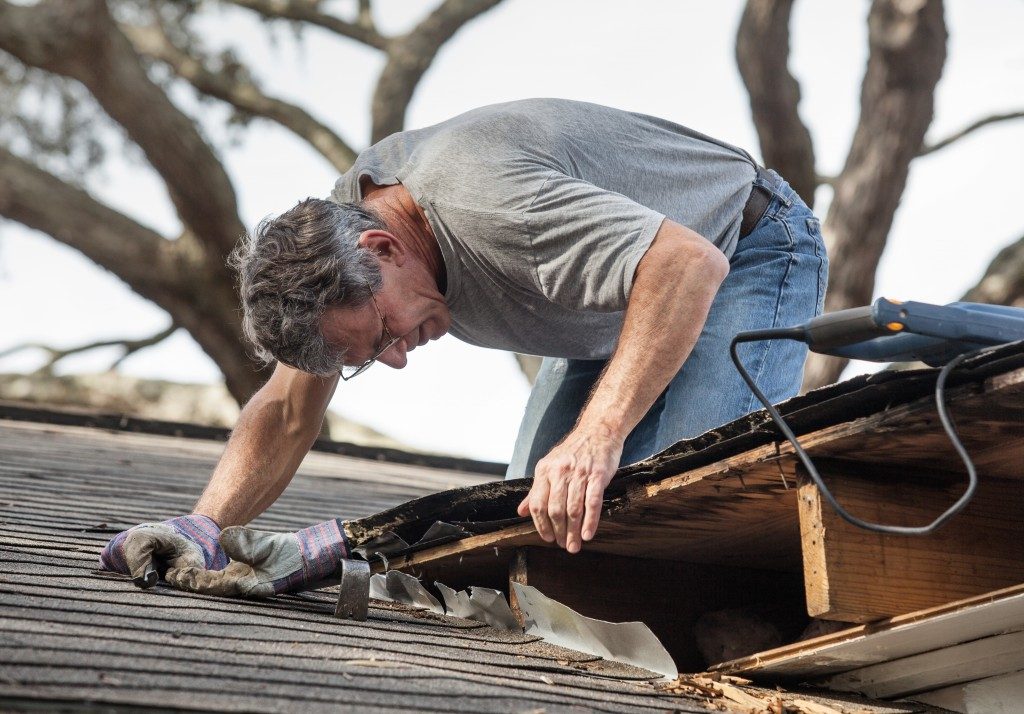When people think of their roof, they only pay attention to the design, material, and color of the roofing sheets they will pick. These are no doubt important considerations for your roofing, but they are not the only ones. One factor you should keep in mind is your choice of roofing fastener. The fastener you pick determines the durability and strength of your roof and its association with your substrate. There are several fastener alternatives for different roofing materials.
Roofing nails are your best choice for polycarbonate roofing in the UK and can be sourced from the same shop as the roofing sheets themselves. The nails will fasten your shingles, install the roofing felt needed for waterproofing and attach your roofing sheets. The nails, unlike others, have flat and wide heads with short shanks and sharp tips for their easy insertion into different roofing materials. The standard lengths for roofing nails are 1 to 6 inches. The following are the types of roofing nails that are most commonly used in home construction.
Aluminum Nails
These are the most common options for fastening asphalt and metal shingles. They are sturdy and hardened to the point where they are about as strong as steel, and are among the most budget-friendly choices. They are, however, not the best choice for properties along the coast since their exposure to the air in this environment leads to their corrosion.
Stainless Steel Nails
On the other hand, these are the ideal pick for places near the coast where there is a high risk of corrosion. These can withstand the salty sea air and are thus less likely to underperform or rust. Though expensive, stainless steel nails are the most durable for roofing and easy to use.
Galvanized Nails

These are steel nails with a zinc coating layer after their dipping into molten zinc. Though often used in asphalt shingles, owing to their ability to keep off rust, they can be used on all types of roofs. Other than their rust resistance, galvanized nails are low cost, versatile, easy to use, and have minimal risk of shrinking or cracking with temperature variations.
Copper Nails
These are the leading choice for fastening slates, roofing tiles, and polycarbonate sheets. Copper is flexible and will thus adapt to different environmental conditions with minimal effect on their performance. Copper nails also remain firmly in place even in adverse weather conditions and are inexpensive.
Sherardized Nails
These are steel nails electroplated using a thin zinc layer. Though they are not as rust-resistant as galvanized nails, they offer exceptional durability and protection. They are thus perfect for roofing in diverse environmental conditions and will not compromise your roof’s integrity. Sherardized nails can also be used for decking and fences.
The above roofing nails are available in screw and ring shank varieties. Screw shank nails have sharp diameters and are twisted. They are commonly used for fastening thick roofing materials. Ring shank nails, on the other hand, have large nail heads making them the strongest choice for attaching roofs in places with strong winds. The ideal shank length for your nails will largely depend on your roofing materials. You can use 1-inch nails for polycarbonate, fiberglass and asphalt shingles, and longer nails for wooden shingles.

